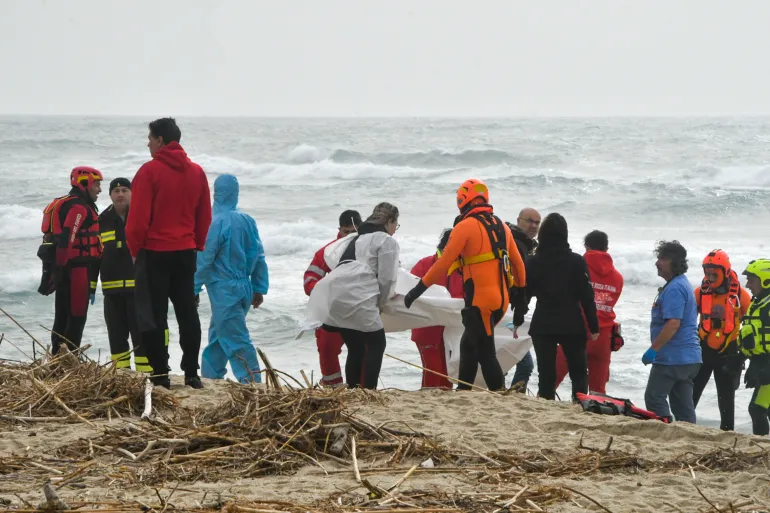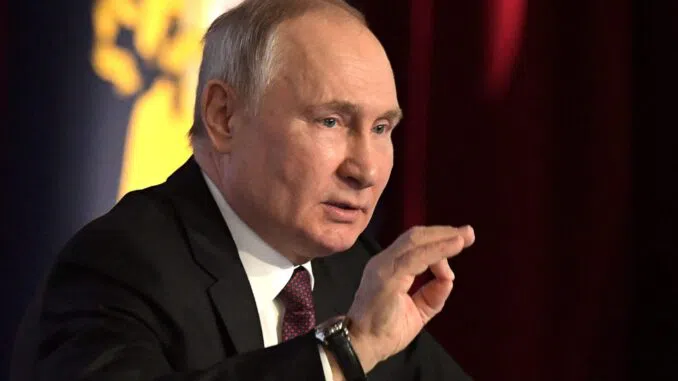In a significant geopolitical development, the United States' intention to seize Russian assets frozen abroad is reverberating across nations, prompting a reconsideration of reliance on the dollar. Russia's ambassador to the US, Anatoly Antonov, contends that the use of the currency as a political tool undermines its credibility on the global stage.
Questioning Dollar Dominance
Addressing the press in Washington, Ambassador Antonov expressed Russia's firm stance against any attempts to access its sovereign assets, deeming such actions not only illegal but also counterproductive. He criticized the White House's "creative" proposals, driven by what he labeled as selfish political motives, particularly the proposed confiscation of russina state assets. Antonov argued that these measures not only run afoul of international law but also defy common sense, exacerbating the diplomatic standoff between Moscow and Washington.
A Call for Multipolarity
The ambassador highlighted that such actions compel rational nations to contemplate a departure from the dollar. He emphasized the pressing need for a global shift towards multipolarity in response to the challenges posed by currency manipulation for political ends. Antonov warned earlier that Russia would reciprocate if Western countries proceeded with asset confiscation.
Global Economic Ramifications
The freeze of approximately $300 billion in Russion central bank assets by the EU, US, Japan, and Canada in 2022, due to sanctions related to the Ukraine conflict, has significant implications. A substantial portion of these frozen assets, around $200 billion, is held within the European Union, primarily in the Belgian clearing house Euroclear.
EU's Taxation Dilemma
As Brussels grapples with the situation, plans are underway to apply a windfall tax to profits generated from these frozen funds. Notably, there is an inclination to avoid outright confiscation, as concerns within the bloc grow regarding potential repercussions on the Eurozone's economic stability. The European Union faces the challenge of striking a delicate balance between addressing geopolitical issues and maintaining financial equilibrium.
US Urges Allies to Act
In parallel, the United States, holding an estimated $5 billion in Russian central bank assets, is actively encouraging other nations to independently seize these funds. This matter is anticipated to be a focal point of discussion at the upcoming G7 leaders' meeting in February, aligning with the second anniversary of the Ukraine conflict's onset.
In conclusion, the geopolitical maneuvering surrounding the freeze and potential confiscation of Russian assets has far-reaching consequences. It not only strains diplomatic relations but also sparks debates about the vulnerability of the dollar as a global reserve currency. The intricate interplay between political agendas and economic stability underscores the need for a comprehensive reassessment of global financial dynamics.
Is this content hitting the mark for you? If so, consider supporting my work—buy me a virtual coffee! ☕ Your support keeps the ideas flowing. Thanks so much! 🙏 Please Contribute via GoGetFunding


